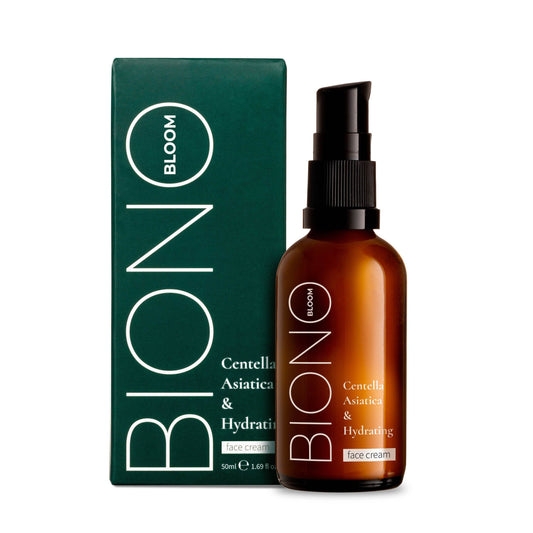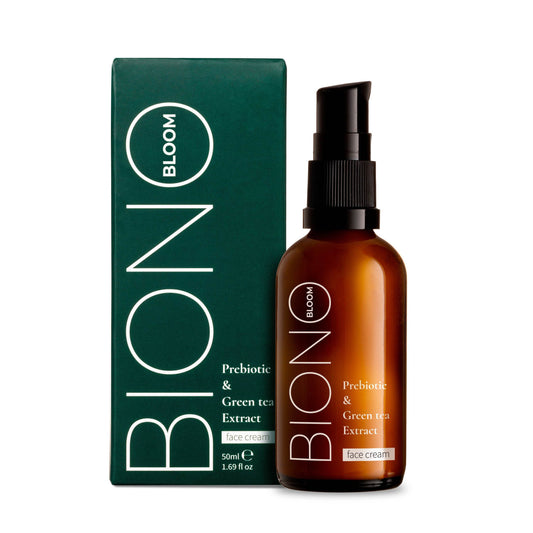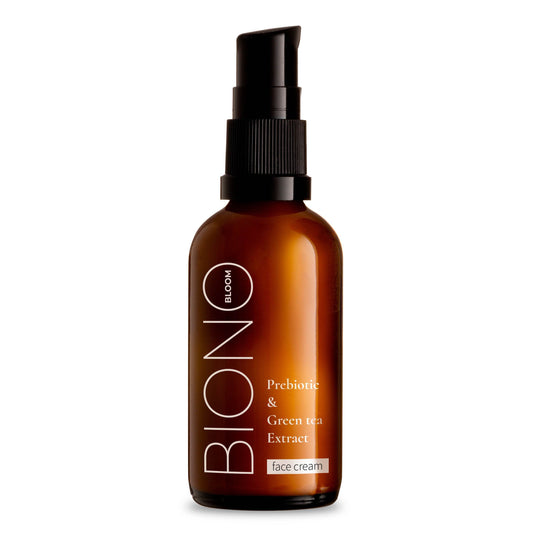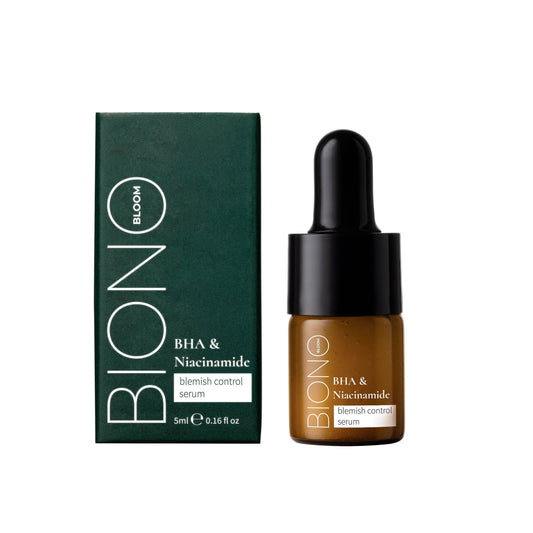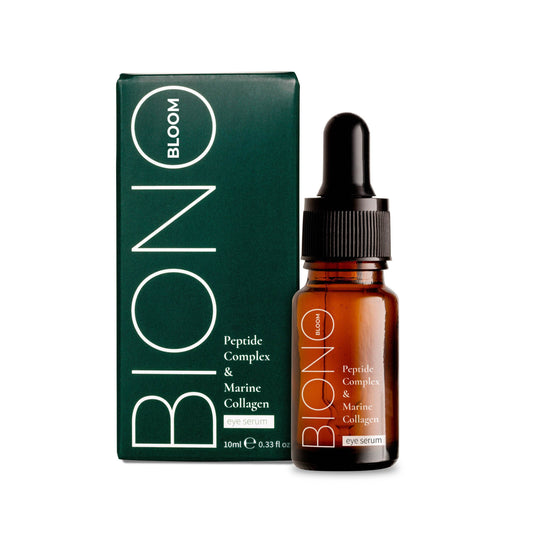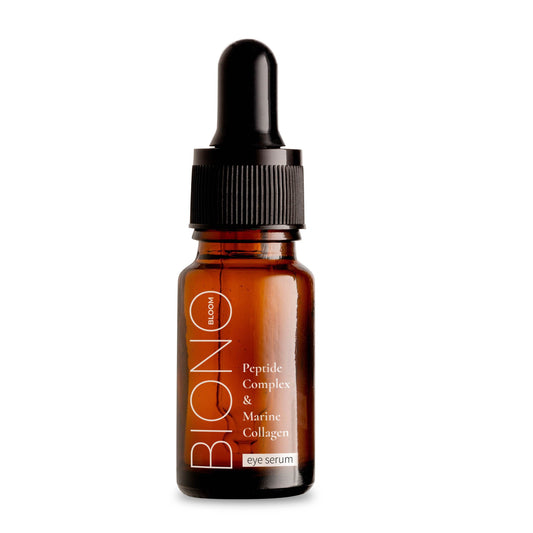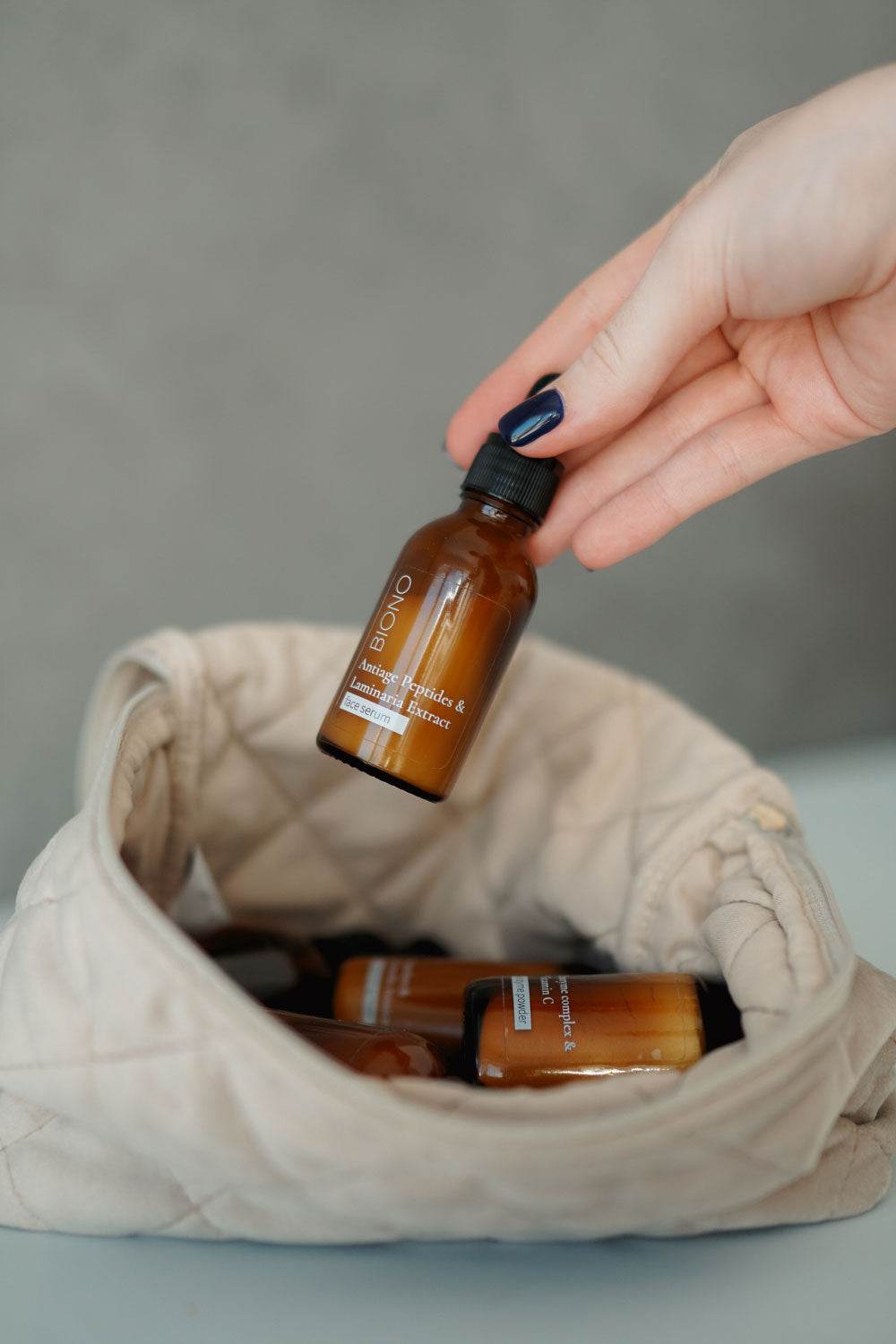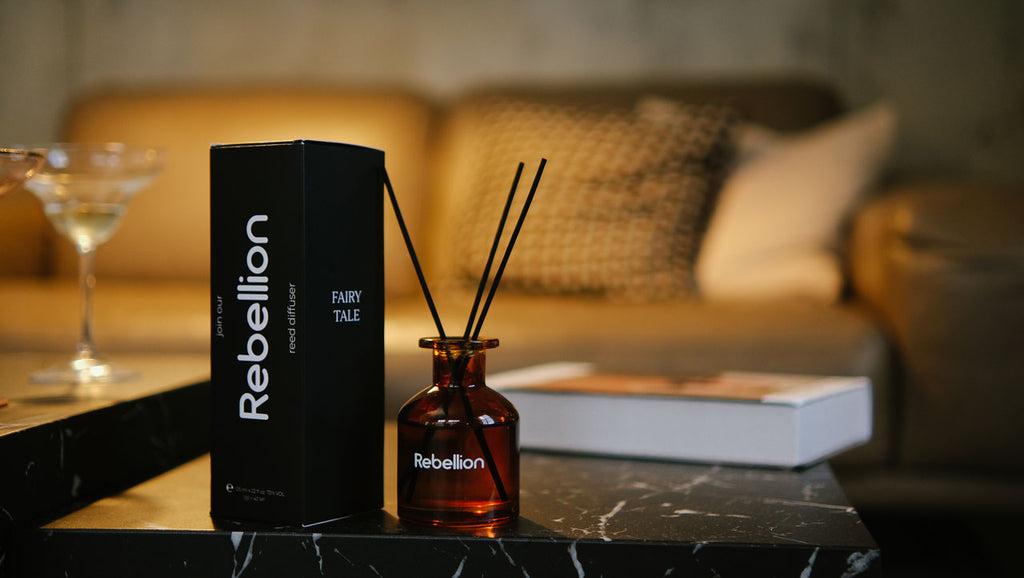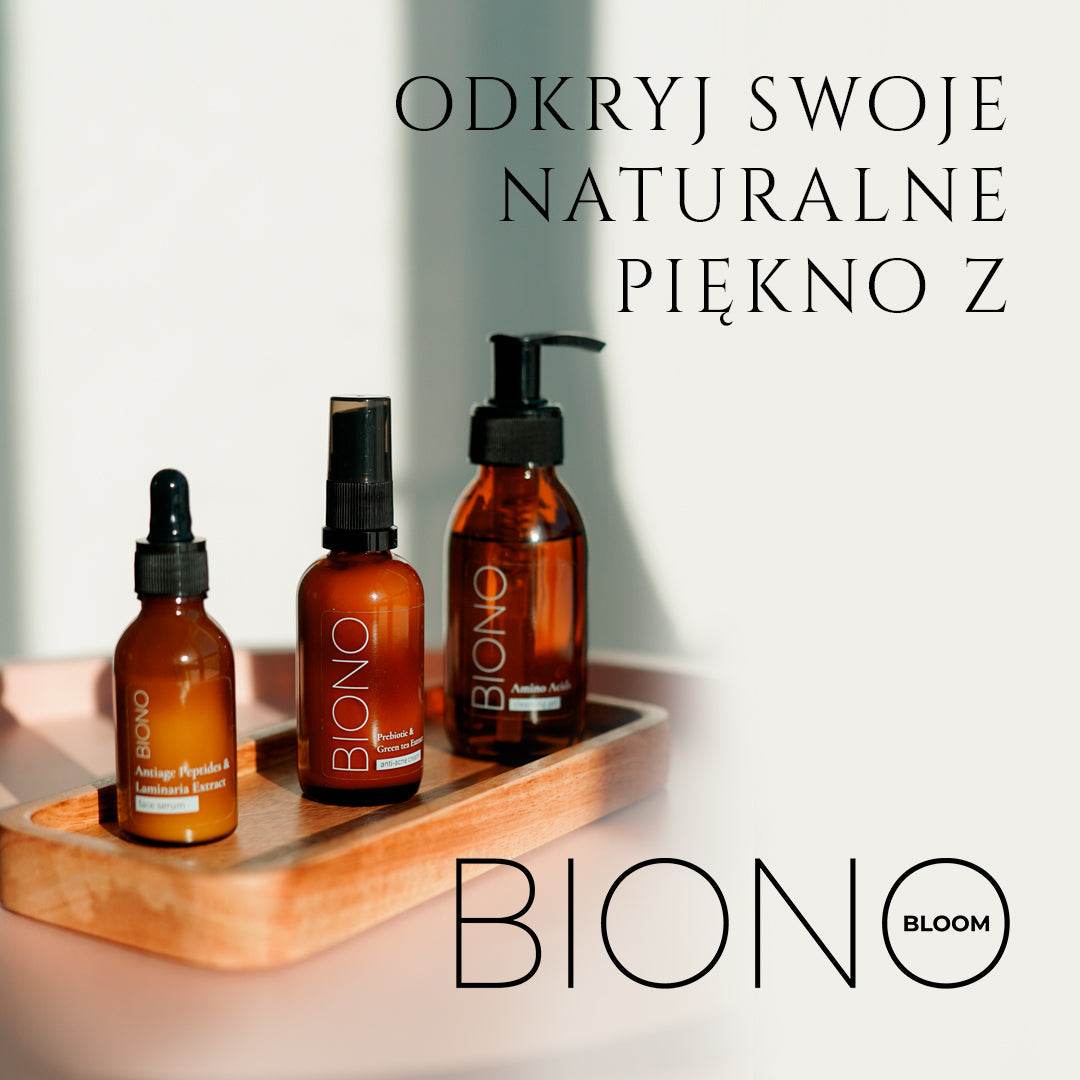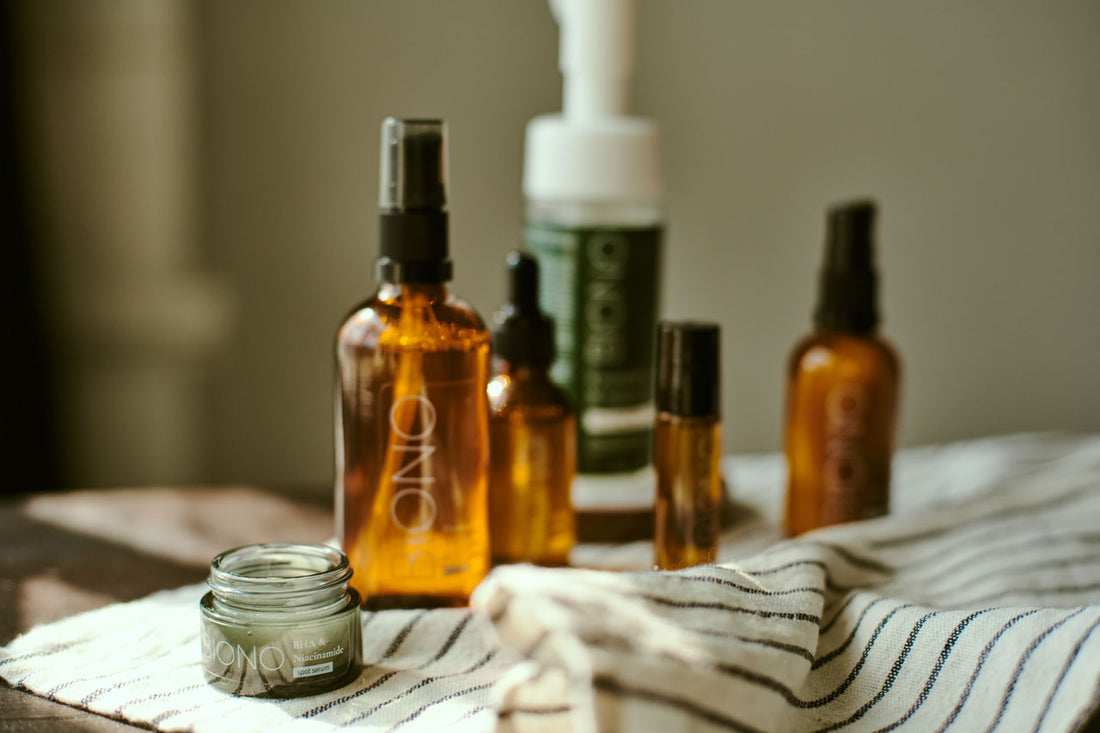
Why are vitamin serums the secret weapon against aging and how to choose yours?
Imagine your skin is like a well-tended garden. Over time, it requires more and more special care—basic fertilizers are no longer enough. That's where vitamin serums come in, like superfertilizers for your skin! These little bottles are a true beauty laboratory that can stop time and restore your skin's youthful appearance.
Anti-aging cosmetics - a revolution in skin care
Anti-aging cosmetics are like a personal army in the fight against time that never gives up. These are no longer ordinary creams that merely moisturize the skin's surface—these are advanced formulas that act as intelligent repair systems, penetrating deep into the skin's structures. Imagine the difference between painting a wall and completely renovating it—that's the difference between traditional cosmetics and modern anti-aging products.
Today's anti-aging cosmetics are the result of decades of dermatological and biochemical research. Scientists have uncovered the precise details of skin aging at the cellular level and have developed ingredients that can slow or even reverse these processes. It's like having access to a secret recipe for youth, previously known only to nature.
The most important thing is that modern anti-aging cosmetics work preventatively—they don't wait for the first wrinkles to appear, but instead build defenses right away. It's a "prevention is better than cure" strategy, but in a cosmetic version. The sooner you start using proper anti-aging care, the longer your skin will maintain a youthful, healthy appearance. It's a long-term investment that pays off every day!
What exactly are vitamin serums and why your skin loves them
Vitamin serums are like superfoods for your skin—concentrated cocktails of active ingredients that work deeper than regular creams. Imagine the difference between drinking a glass of water and receiving a vitamin drip—a serum has a similar effect compared to a traditional cream. It has a lighter consistency, allowing the active ingredients to penetrate deep into the skin, where they're truly needed.
The secret lies in the size of the molecules—they're small enough to "squeeze" through the skin's natural barriers and reach the layers where the aging process begins. It's like the difference between trying to navigate a crowded market with a shopping cart and pushing through with just a small bag—serum simply has an easier path.
Most importantly, serums act as intelligent repair systems. Each vitamin has its own specific mission: vitamin C is the main protector against free radicals, vitamin A (retinol) is the master of cell renewal, and vitamin E is the guardian of moisture. Together, they form a team of superheroes for your skin!
Vitamin C - sun protection for your skin
Vitamin C in cosmetics is like your skin's personal bodyguard. It fights around the clock against aggressive free radicals that attack your skin from every direction—from city smog to UV radiation. It's a true vitamin workaholic who never takes a vacation!
But vitamin C isn't just a protector—it's also a brilliant architect of beauty. It stimulates collagen production, which is like the "scaffolding" of young skin. As we age, our natural "scaffolding" weakens, and vitamin C helps rebuild it. The result? Skin becomes firmer, more elastic, and radiant. It's like giving your skin a shot of espresso to start a long, energetic day!
Vitamin C serums also act as a natural brightener. They break down melanin, which causes discoloration, so dark spots from acne or sun damage gradually fade. Imagine your skin is an old photograph, and vitamin C is a professional photoshop that restores its original brightness and even tone.
Retinol - the master of time that turns back the years
If vitamin C is a bodyguard, then retinol is a true time-saver. This ingredient acts as a reset button for your skin—it makes it behave more youthfully. Retinol, or vitamin A, is one of the few cosmetic ingredients whose anti-aging effects have been scientifically proven over decades of research.
Retinol's mechanism of action can be compared to renovating an old house. First, it "sheds" old, damaged skin cells (like demolishing old walls), then stimulates the production of new, healthy cells. This process normally takes about 28 days in young skin, but can extend up to 40 days in mature skin. Retinol accelerates this cycle, restoring the skin's youthful renewal rhythm.
The result? Fine lines smooth out, pores shrink, and skin regains its smoothness and radiance. It's like giving your skin a time machine! But be warned—retinol is a powerful ingredient that demands respect. It needs to be introduced gradually at first, like training for a marathon—don't start with the highest dose right away, but build up your tolerance gradually.
Hyaluronic acid - a moisturizing magnet for your skin
Hyaluronic acid is like a super sponge for your skin. One molecule can bind up to 1,000 times its weight in water! It's like having a private reservoir within your skin, constantly delivering hydration where it's needed.
This miracle ingredient works on two levels. First, it instantly fills the spaces between skin cells with water, creating a "puffing" effect—fine wrinkles are smoothed out, and skin looks more rested. It's like inflating a slightly deflated ball—it instantly regains its shape and elasticity.
Secondly, hyaluronic acid creates an invisible, breathable film on the skin's surface, preventing water from escaping from the deeper layers. It's like applying a smart coat to the skin, allowing air to pass through but retaining valuable moisture. The effect is immediate and long-lasting—skin looks professionally moisturized all day long.
Niacinamide – a versatile hero for all skin types
Niacinamide, or vitamin B3, is a true all-rounder in the cosmetics world. It's like a Swiss Army knife—it has a tool to solve almost any skin problem. Whether you have acne, enlarged pores, discoloration, or signs of aging—niacinamide tackles it all!
This ingredient acts as a diplomat between various processes in the skin. It regulates the production of sebum (the skin's natural oil), so it helps control shine without drying out the skin. It's like having a perfectly adjusted thermostat—skin is neither too oily nor too dry, just in perfect balance.
Niacinamide also has superpowers in the fight against discoloration. It blocks the transfer of melanin to the skin's surface layers, so dark spots can't "rise" to the surface. At the same time, it strengthens the skin barrier, making it more resistant to external aggressors. It's like giving your skin a personal trainer who both strengthens and protects it!
How to Combine Serums - The Art of Building a Routine
Combining different serums is like composing the perfect playlist—each song must complement the others and create a harmonious whole. You can't just throw in all the active ingredients at once, as your skin might get spooked and react with irritation.
The golden rule is gradation—from the lightest consistency to the thickest. First, water-based serums (like those with hyaluronic acid), then oil-based ones, and finally, cream. It's like dressing for winter—you don't put a coat on your bare skin, but layer your clothes from thinnest to thickest.
Basic rules for combining sera:
- Morning: vitamin C + hyaluronic acid + SPF cream
- In the evening: retinol or niacinamide + hyaluronic acid + nourishing cream
- Never combine retinol with vitamin C at the same time
- Introduce new ingredients one at a time, with weekly breaks.
- Always remember to apply sunscreen in the morning
- Listen to your skin – if something is causing irritation, take breaks
How to choose the perfect serum for your age and skin type
Choosing a serum is like choosing a personalized diet—what works for one person won't necessarily be ideal for another. Age, skin type, lifestyle, and even the season all influence the "beauty boost" your skin needs.
For skin in your 20s and 30s, mild serums with vitamin C and hyaluronic acid are sufficient—it's like regular preventative care at the dentist. The skin can still manage on its own, but it's worth supporting it with daily protection. At age 30-40, it's worth introducing gentle forms of retinol and niacinamide—this is the time when the first signs of aging become apparent, so it's time to strengthen your "defense team."
After 40, skin needs the full force of the artillery—stronger forms of retinol, peptides, and antioxidants. It's like switching from self-defense to professional boxing training. It's important not to overwhelm the skin with overly aggressive care, but to give it all the tools it needs to fight against time.
Mistakes that sabotage the performance of your serums
The biggest mistake when using serums is thinking that "more is better." It's like perfume—one drop might seduce you, but the entire bottle will be repulsive. Serums are concentrated formulas, so just a few drops are enough to cover your entire face.
The second common mistake is impatience. Serums aren't cosmetic fairies who will wave a wand and instantly make your face look 10 years younger. They're more like regular exercise at the gym—the results come gradually but are long-lasting. Most active ingredients take at least 4-6 weeks to reveal their true potential.
The third mistake is improper storage. Serums with vitamin C or retinol are like vampires—they dislike light and heat. Store them in a cool, dark place, and some (especially those with vitamin C) even in the refrigerator. This will prolong their effectiveness and ensure each application feels like a fresh dose of active ingredients.
Natural vs. Synthetic - Which is Better for Your Skin?
The debate between natural and synthetic ingredients in cosmetics is like a dispute between classical music fans and pop music lovers—both sides have their points. The truth is, what matters most is effectiveness, not the ingredient's origin.
Natural ingredients like vitamin C from acerola or retinol from shark liver oil sound very appealing and are often gentler on the skin. It's like eating homemade food—you know what's in it and you feel good about it. But they also have their limitations—they're less stable, spoil more quickly, and are sometimes harder to absorb.
Synthetic ingredients, created in laboratories, are like precisely engineered tools. They are more stable, have predictable effects, and are often more potent than their natural counterparts. Synthetic vitamin C can be more bioavailable than that from oranges, and laboratory-made hyaluronic acid is purer than that extracted from natural sources.
Vitamin Serums - An Investment in the Future of Your Skin
Vitamin serums are like contributions to a private pension—the sooner you start, the better the results will be in the future. It's not a cost, it's an investment in what your skin will look like in 10, 20, or 30 years. Every drop is like a deposit into a beauty bank that will pay dividends for years to come.
Regular use of carefully selected serums can not only halt the aging process but even reverse some of its signs. This is scientifically proven—research shows that retinol can increase epidermal thickness by up to 20%, and vitamin C can lighten discolorations more effectively than some dermatological treatments.
The key to success is consistency and patience. Serums are a marathon, not a sprint. Your skin needs time to adapt to new ingredients and begin to show its full potential. But once it does, the results will be visible not only to you but to everyone around you—because healthy, well-cared-for skin is the most beautiful accessory you can wear!


